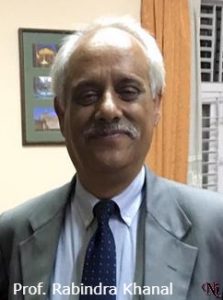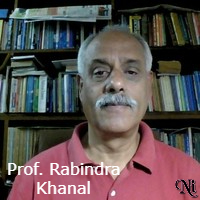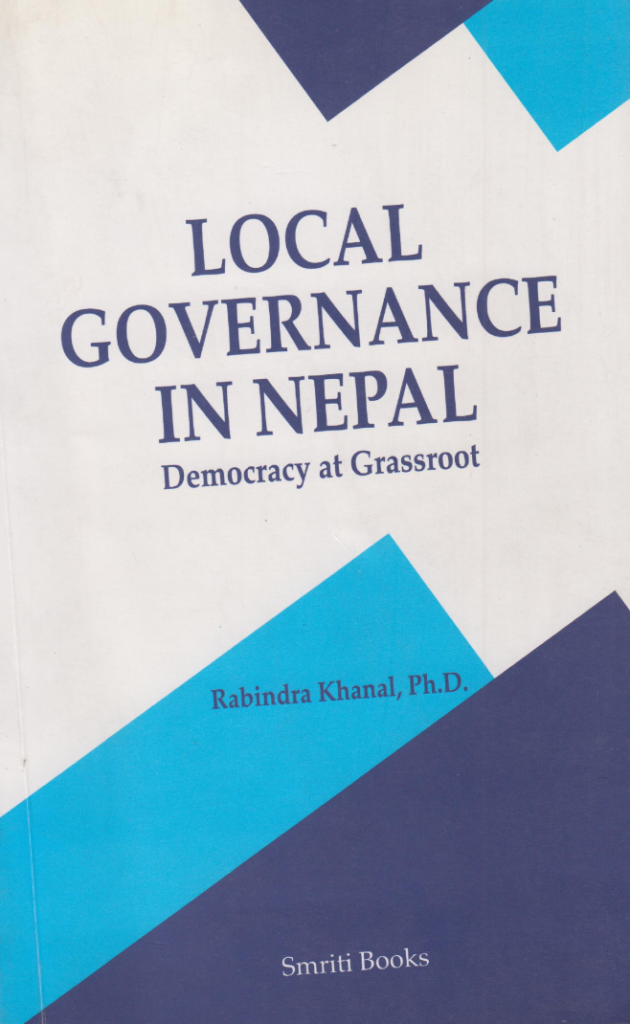–Professor Rabindra Khanal,
Kathmandu, Nepal
(Continued from the last issue)
Delegation:
Delegation implies transfer or creation of broad authority to plan and implement decisions concerning specific matters – a variety of activities within specific spatial boundaries transferred to an organization that is technically and administratively capable of carrying them out.
Some authority and decision making power is delegated to local officials but the ultimate power remains with the central government and the delegated powers can be taken back by the center when it feels necessary.
Besides, the local authorities can carry out only the specified functions assigned by the center. They must restrain themselves from autonomous policy making.
Devolution:
Devolution is the process of transferring power from the central government to a lower level.
It increases the efficiency of the government in meeting the demands from special sections of a community which may also enjoy some degree of control over its interests.
It highlights “the legal conferring of powers to discharge specified or residual functions upon formally constituted local authority”.
“Devolution is generally understood as the most extensive form of decentralization involving, creating or strengthening independent levels and units of governments through direct assignment of decision-making responsibility”.
Privatization:
Privatization is yet another form of decentralization. It is the act of reducing the role of government, or increasing the role of private sector, in an activity or in the ownership of assets.
Privatization also encourages the involvement of private sector in state ownership and brings about efficiency and effectiveness in the management of national economy.
It gives incentive to popular participation and enhances the overall development process.
Among the various types of decentralization, devolution is the best suited strategy for the promotion of democracy at grassroots. It strengthens the local units of the governments by providing full autonomy.
It empowers them to take decisions independently from the center implement them and evaluate the performance on their own. It is politically significant as it provides an opportunity to the local people to participate in local affairs.
It legitimizes the local government institutions through elections and increases the popular control over their power and functions. In a way, it is subsidiary to democracy in the small areas where the local tits can manage and execute their functions wit mention from the higher levels of government.
Thus, devolution alone can fulfill the ambition of modern nation-states in empowering and involving people in the democratic governance of the state.

Objectives of Decentralization:
Decentralization is an agreement between the central government and the local government institutions to reduce the dominating interests of the former upon the power and functions of the latter.
It also aims at reducing poverty and inequality in many Third World countries. Since the tastes and preferences for public services vary among communities, welfare gains are achieved best by decentralizing the expenditure decisions to the level of government that best incorporates a community of common interests.
Organization theory argues that decentralization improves accountability by clarifying the responsibilities of the distinct units of government, reducing the costs of constituent participation, and by increasing the likelihood that participation will influence policies.
However, two schools of thought are prevalent today in the study of decentralization.
The first one is the liberal school of thought represented by Rondinelli, Cheema, and a line of donor agencies like the World Bank.
It argues that decentralization is the strategy to control and improve the government performance.
Popular empowerment is not the goal, though it is preferable.
The liberals rationalize the government performance through privatization or the delegation of central function.
The second is the radical school of thought which focuses on the people and is primarily concerned with political decentralization.
People’s participation and mass empowerment is its primary goal.
For the radicals, decentralization is both the means and the end. This school of thought is represented by such authors like David Slater.
The second school of thought relates decentralization closer to democracy and strengthening of democratic process. It emphasizes on people’s participation and mass empowerment activates the citizen groups both in the political and developmental functions of the local level institutions of the government.
Mass empowerment also helps in strengthening the civil society.
Political decentralization prepares the local masses to exercise democracy at grass roots and helps in strengthening local government institutions through which they can fulfill their developmental aspirations.
Thus decentralization becomes a necessary element of local governance in the exercise of democracy at the grass roots.
Statement of Problem:
The failure of national governments to give priority to the welfare of local communities has necessitated the emergence of local governance.
They are too big to deal with the problems of local communities at micro-level.
As a result, the national resources do not reach the doorsteps of every community.
To avoid such a situation and enable the local people to decide and work for themselves, local governments can be the best tools as they can activate the local masses in the process of political participation as well as in development works.
It makes them independent, self-reliant as well as self-sufficient and ultimately makes them partners of the central government in the process of democratization and development.
But the system of local governance functions properly only when there is adequate decentralization.
The decentralization scheme in Nepal started in 1963 with the appointment of Administrative Decentralization Committee (ADC).
Under the Panchayat system, various local units like Village Panchayats, Nagar Panchayats, and District Panchayats were created, but were unsuccessful in empowering the local people.
After the restoration of democracy in 1990, the scheme once more gained importance and necessary infrastructure for local governance and decentralization was established. Village Development Committees (VDCs), Municipalities, and District Development Committees (DDCs) were organized as local government units.
Two local elections were conducted and the laws regarding decentralization and local governance were passed but the system could not function properly.
Political parties failed to agree on the basic issues: how the mechanism of local governance should function, what should be the jurisdiction, the extent of autonomy to be granted and above all, the rationale for power and functions.
The local bodies themselves feel irked that the power given to them is inadequate and often qualified by the clauses in the law with the phrase ‘as directed in a number of articles.
Another serious hurdle in the path of decentralization and local governance is related to its stability and legal status.
The existence of local government has not been clearly pronounced by the constitution as in many other countries.
The promulgation of law and its amendment from time to time in relation to local governance and decentralization has been left to the mercy of the parliament.
This means that the system lacks constitutional guarantee.
It is run by the laws and by-laws passed by the parliament and, if it decides to take back the power granted to the local bodies, it can easily do so.
In such a context, local governance and decentralization need to be studied through different perspectives and specially in terms of the role they can play in the promotion of democracy at grassroots.

The key questions that need to be tackled are:
–What is the importance of local governance and decentralization in accelerating grassroots democracy?
-Do the local institutions need total autonomy from the central government in fulfilling their objectives?
-What happens if the total autonomy is not granted to them?
-Is local democracy possible only with the process of Decentralization?
-Are the existing government policies and documents enough for the working of democracy at the grassroots and making local governance formidable?
-Do the external factors influence in strengthening local governance and local democracy?
-What should be the relationship between the local and central governments for promoting local democracy?
-What should be the role of political parties in strengthening local democracy and local governance?
-And ultimately, what are the other factors responsible for the promotion of democracy at grass root levels?
End text. Concluded.
# Text courtesy: From the book “Local Governance in Nepal, Democracy at Grass root” published by the Smriti Books and authored by Professor Rabindra Khanal.
# Thanks to the distinguished Professor R. Khanal and the Smriti Books: Upadhyaya.
N. P.
# Our contact email address is: editor.telegraphnepal@gmail.com

